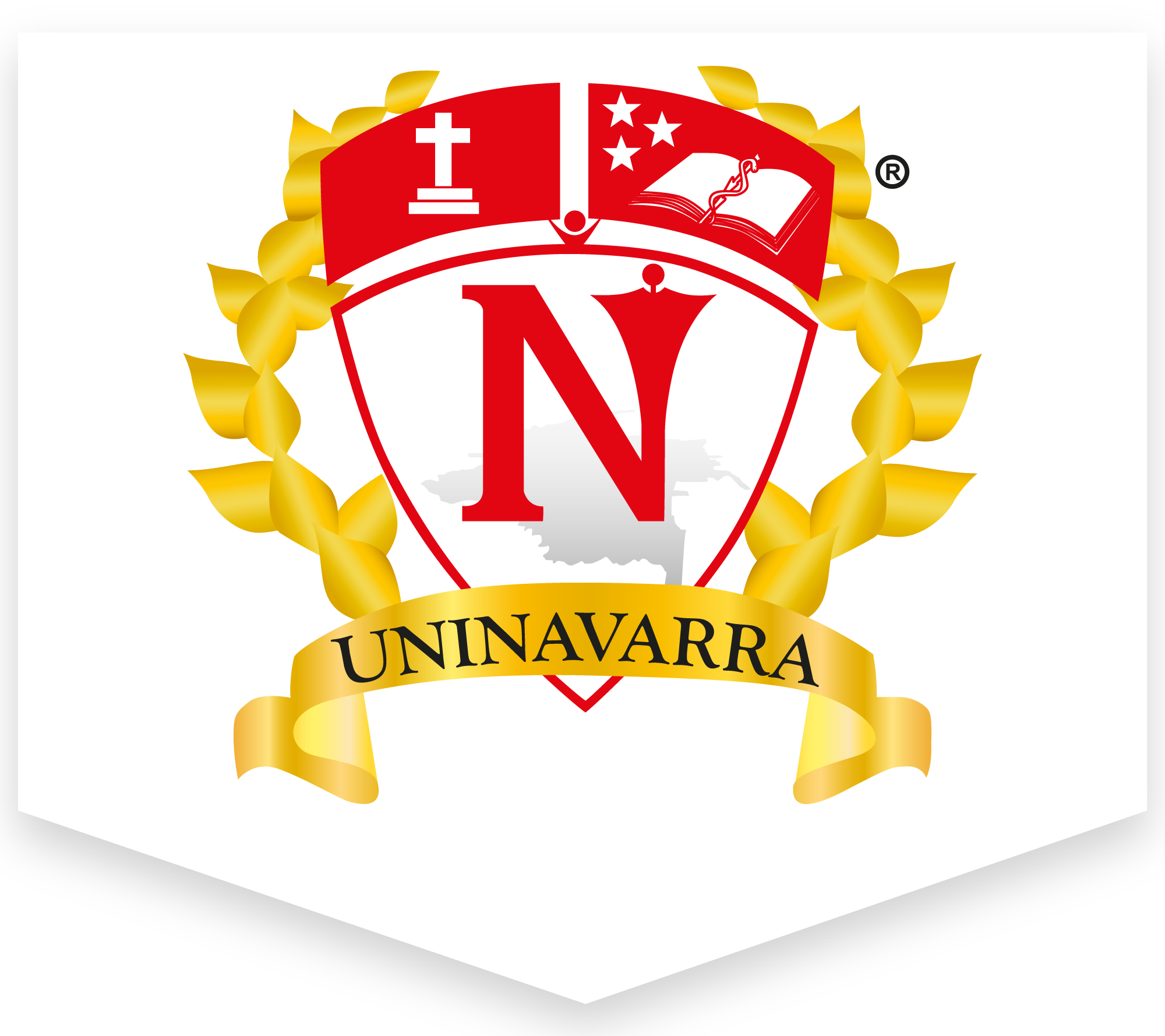Ecosystems UNINAVARRA
- Conservation of biodiversity and green areas on campus.
- Ecological restoration
- Academic programs as managers of ecosystems and their care.


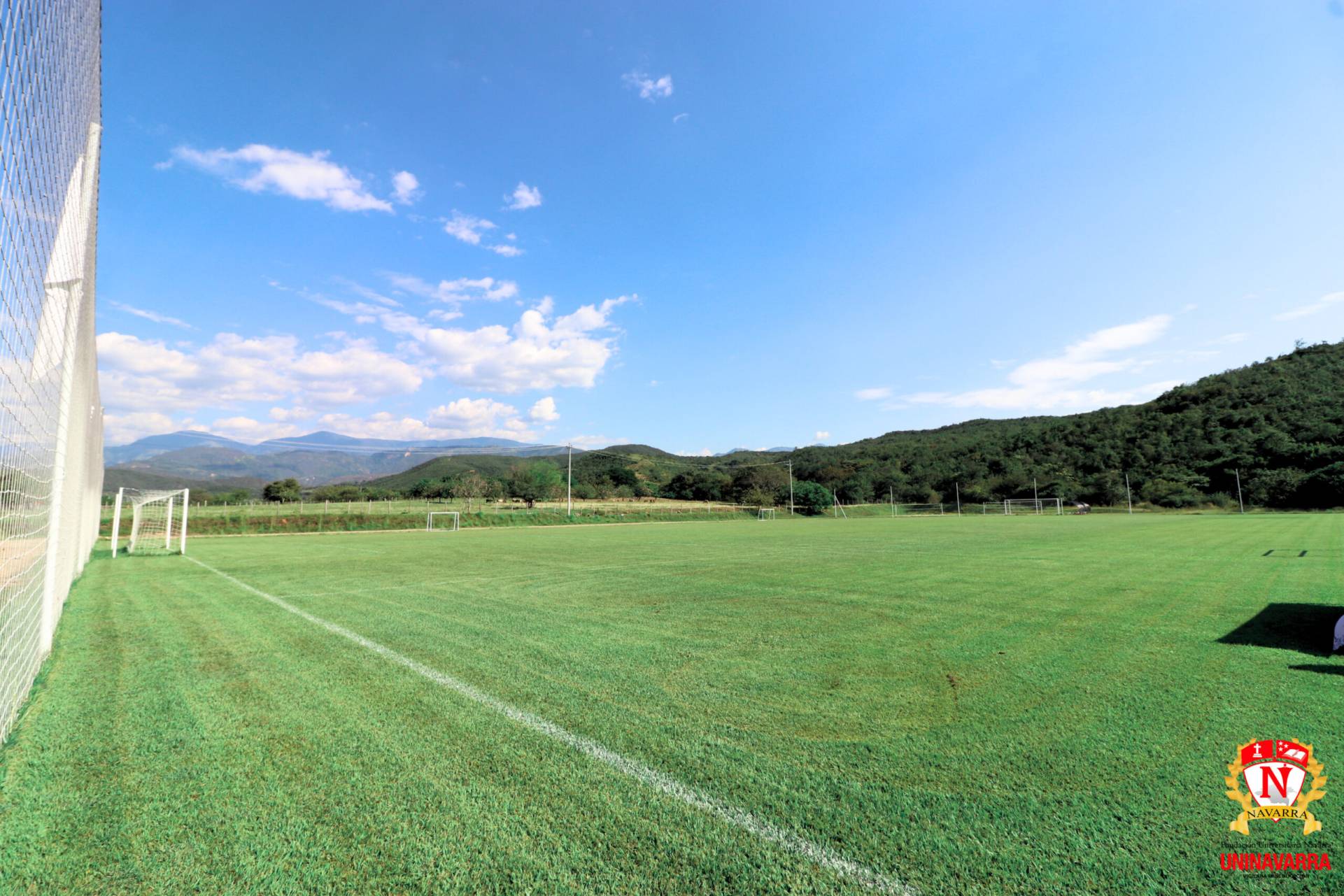
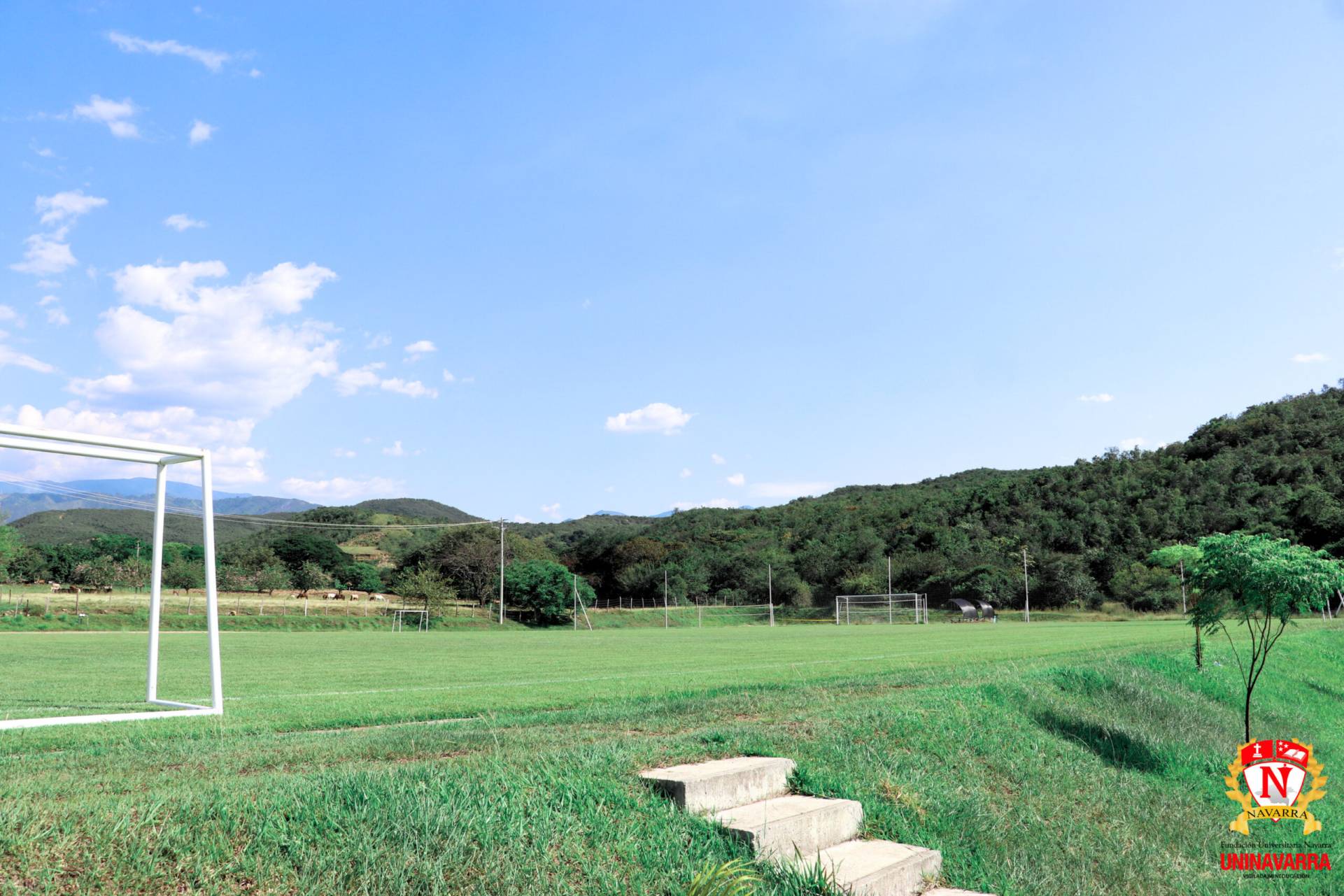
At UNINAVARRA, sustainability is the fundamental pillar of our vision as a socially responsible institution. Through our commitment to sustainability and resource optimization, we seek not only to strengthen our financial structure, but also to contribute to the social and environmental well-being of our community.
Our initiative, UNINAVARRA FRIENDLY SUSTAINABLE, represents a joint effort to integrate sustainable practices in all our areas of action. With a comprehensive approach that encompasses environmental, social and economic sustainability, we are committed to developing and offering a portfolio of services focused on water management, climate change, renewable energy and waste management. These projects are designed to optimize our costs and diversify our revenue sources, always aligned with a deep sense of social responsibility.
In short, we seek to consolidate our position as leaders in sustainability and as an example of an institution committed to positive change, working towards a future in which economic growth is combined with respect for the environment and the strengthening of social cohesion.
Consolidate a sustainable model in UNINAVARRA that promotes the identification, prevention and mitigation of environmental, social and economic impacts derived from academic, administrative and operational activities.
UNINAVARRA SOSTENIBLE will be implemented in all of the institution's sites and processes, covering its academic, administrative and operational activities.
Its scope includes the identification, evaluation and management of environmental, social and economic aspects and impacts, through the formulation of intervention and continuous improvement programs, as well as the integration of current environmental regulations.
The Navarra University Foundation - UNINAVARRA projects itself towards the year 2025 as a leading educational institution in sustainability, with a campus that implements practices in harmony with its environment. UNINAVARRA's vision is to be a community that guides, shares and actively participates in the construction of solutions to face the environmental, social and economic challenges of the future.
The four strategic lines, which are part of our vision for a sustainable campus, are:
These strategic pillars will set the course for a UNINAVARRA that not only innovates in its educational model, but also positions itself as a benchmark for sustainability in the department of Huila and throughout Colombia.
Get to know all the sustainable initiatives of UNINAVARRA, focused on the five main axes of UNINAVARRA SUSTAINABLE.
Click on any of the icons to go directly to the axis of your interest, or browse this page to discover all our practices and commitments to sustainability.
- Conservation of biodiversity and green areas on campus.
- Ecological restoration
- Academic programs as managers of ecosystems and their care.
- Promoting sustainable innovation
- Continuing education on sustainability
- Collaboration networks
- Promotion of healthy habits
- Conscious eating
- Green spaces and wellness areas
- Waste Reduction Strategies
- Efficient use of energy
- Sustainable mobility
- Efficient water management
- Renewable energies
- Environmental certifications
The UI GreenMetric World University Ranking is a global ranking that evaluates green campuses and environmental sustainability. Through 39 indicators distributed in 6 criteria, the ranking measures the commitment and environmental initiatives of the participating universities.
Source: UI GreenMetric.
The results obtained by Colombian universities in the ranking from 2011 to 2024 show continuous progress in sustainability issues, a goal that UNINAVARRA also seeks to achieve in the coming years.
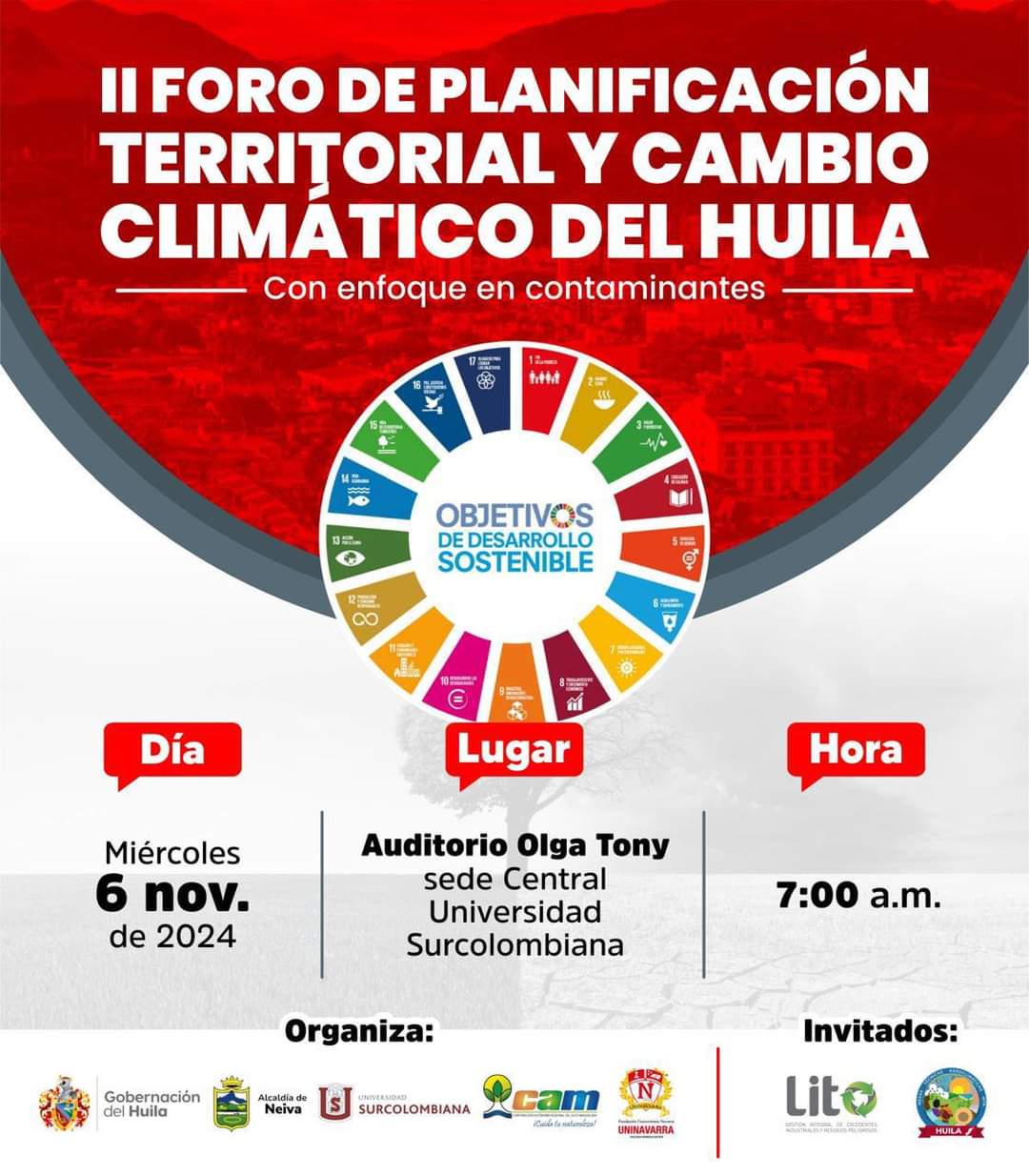
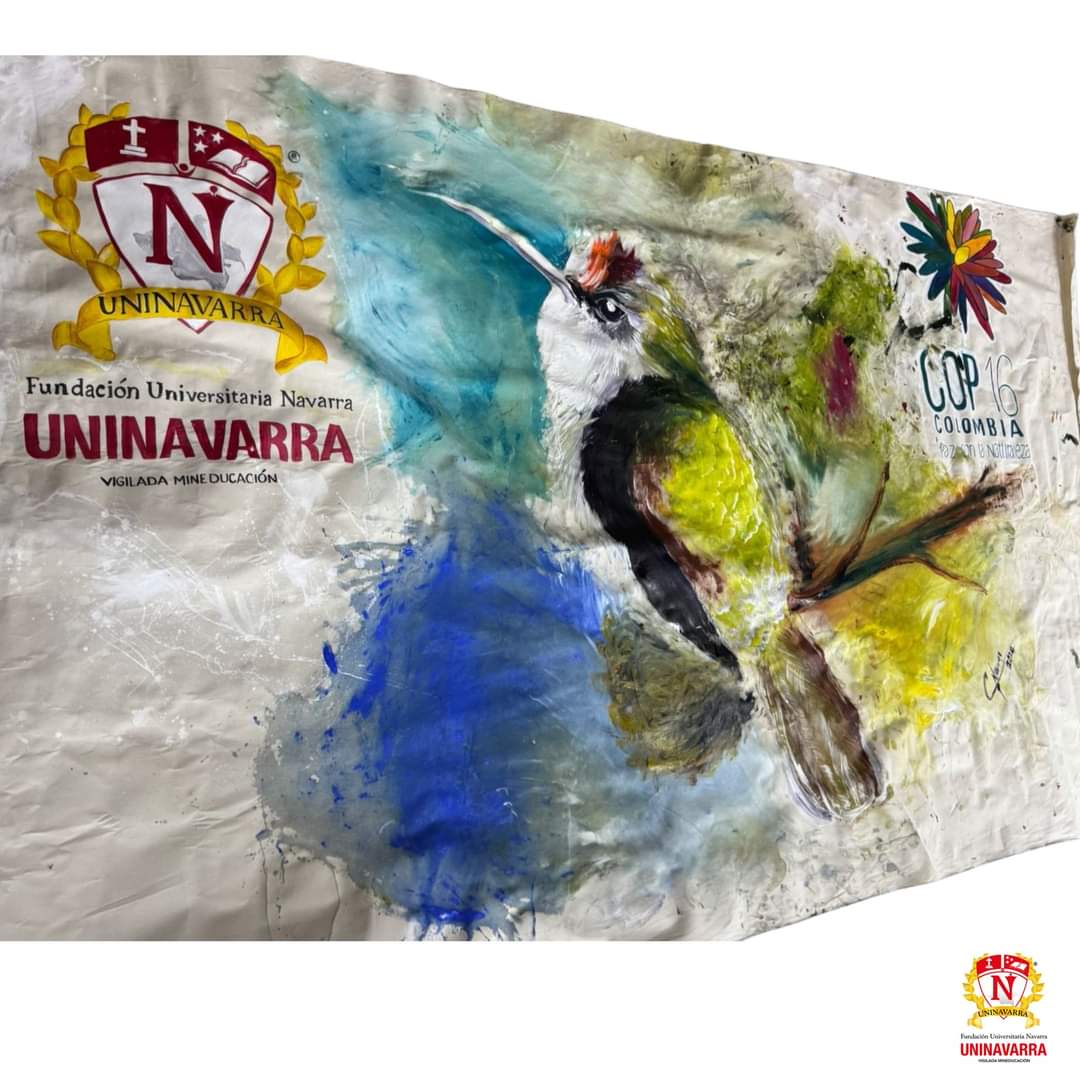
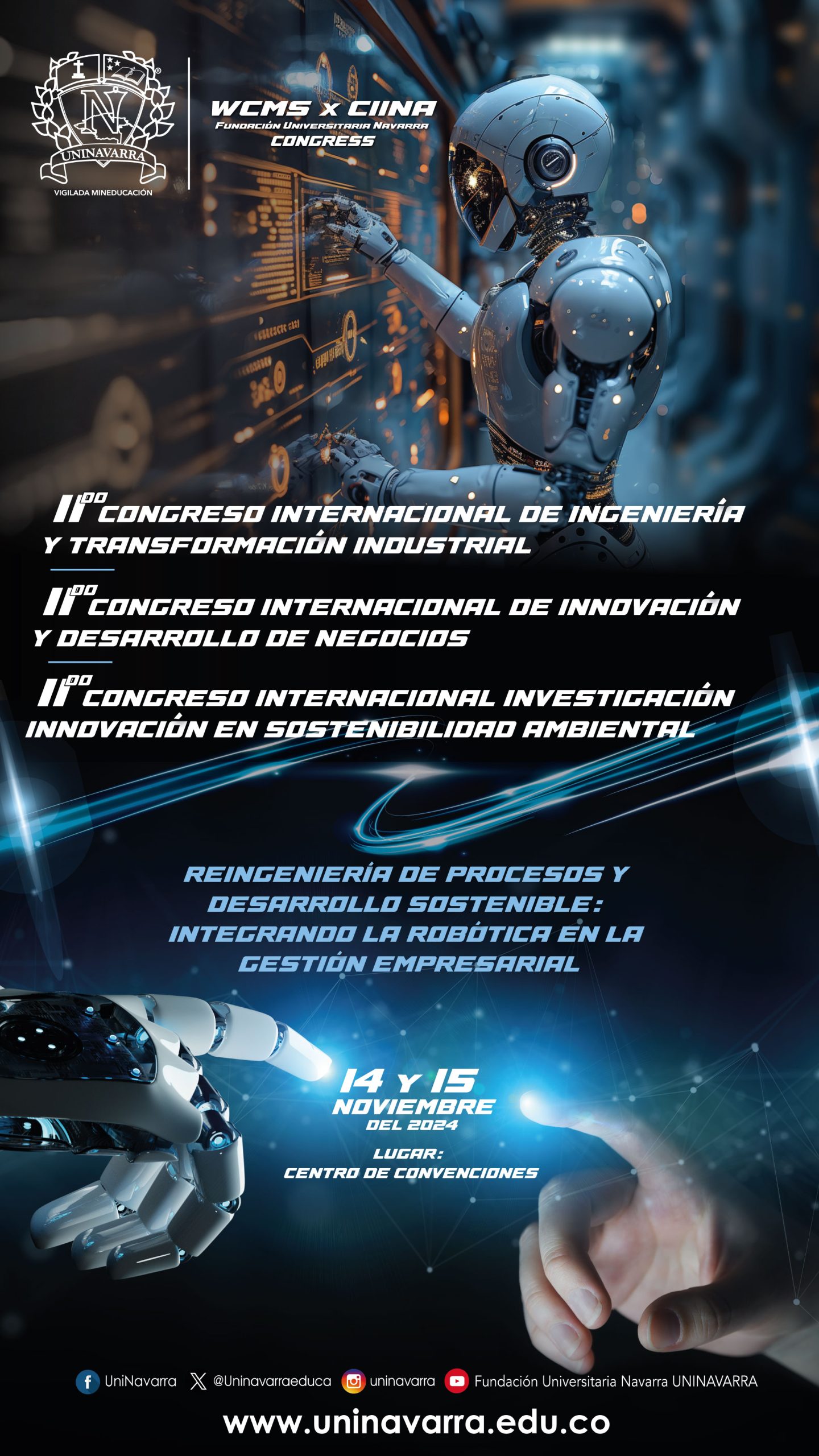

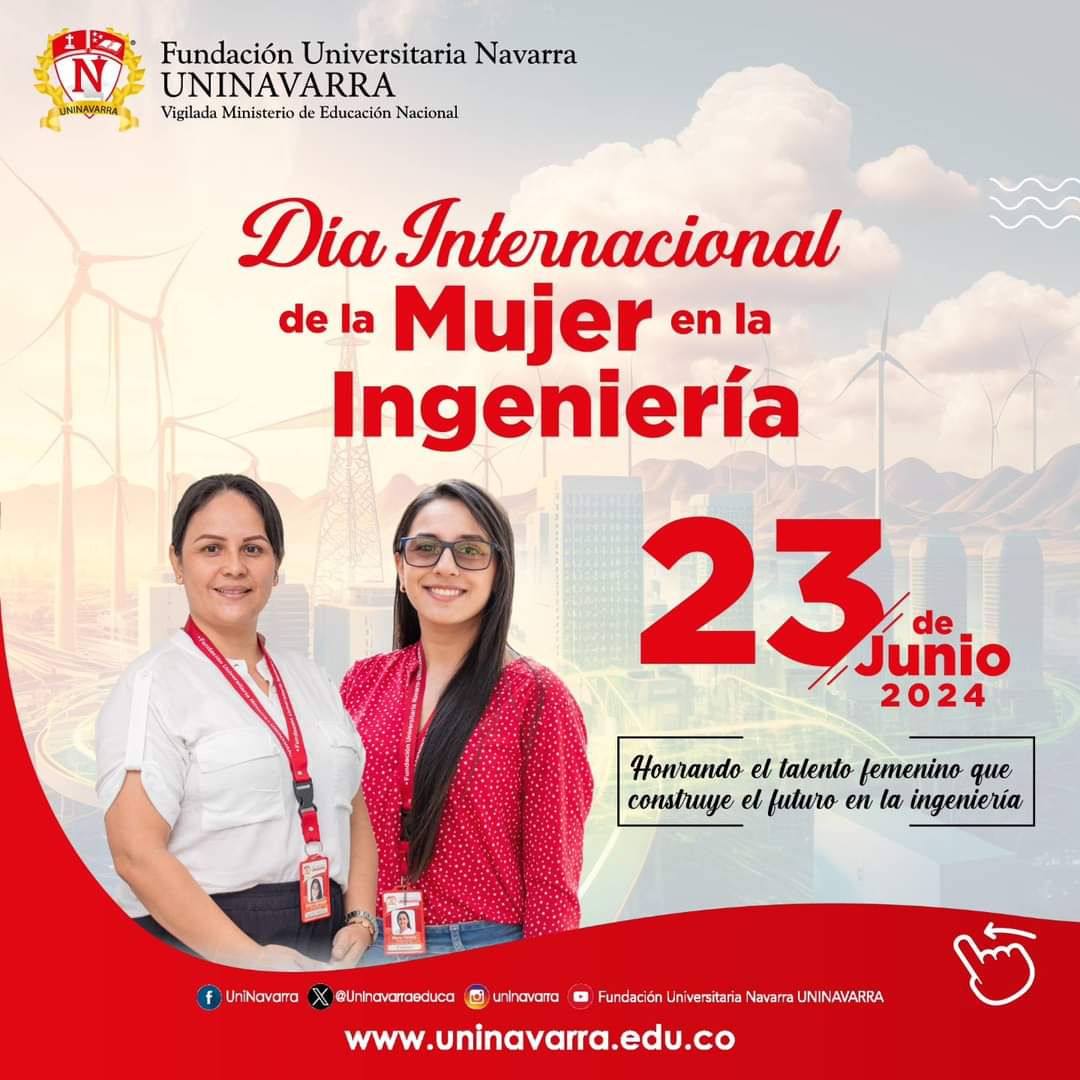
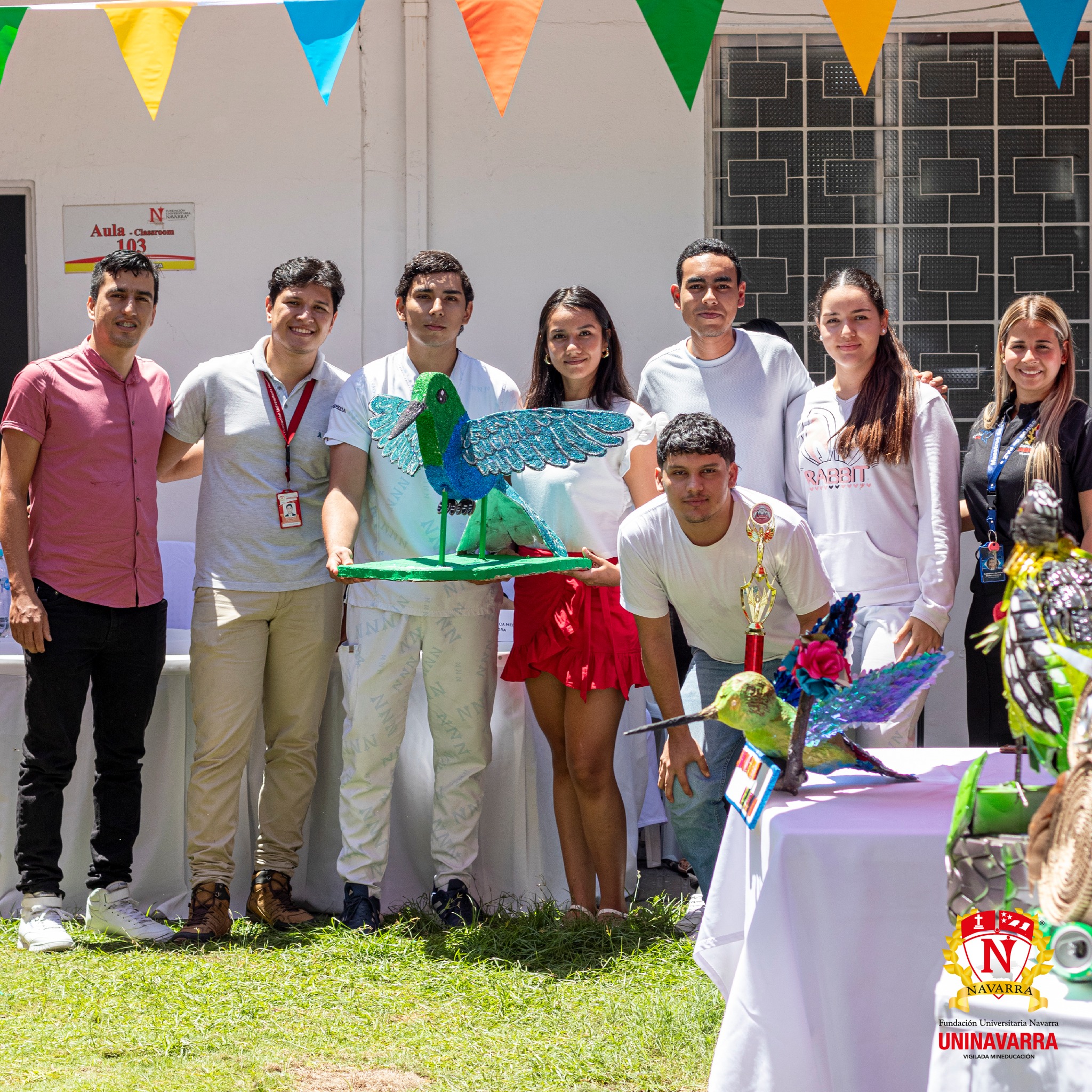
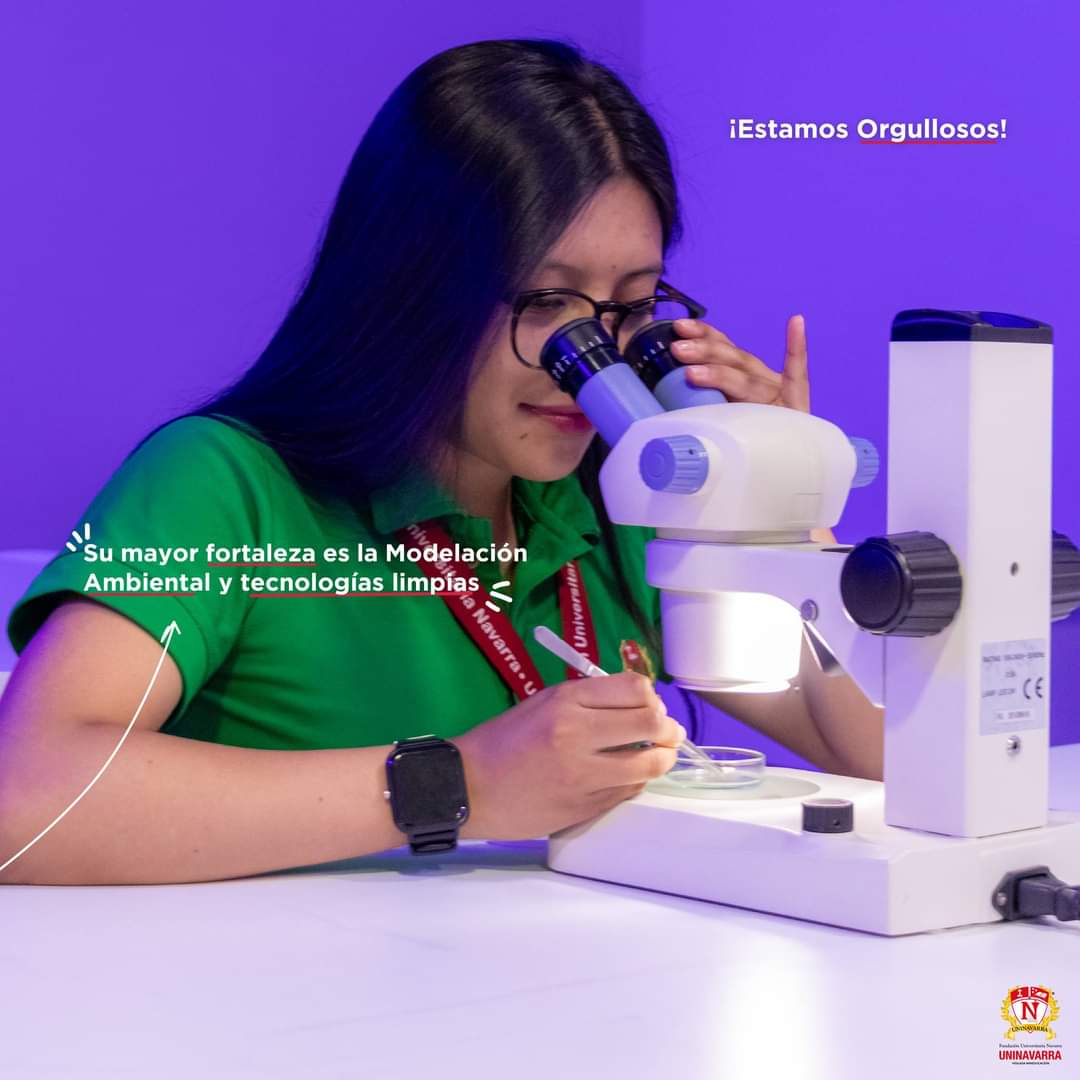
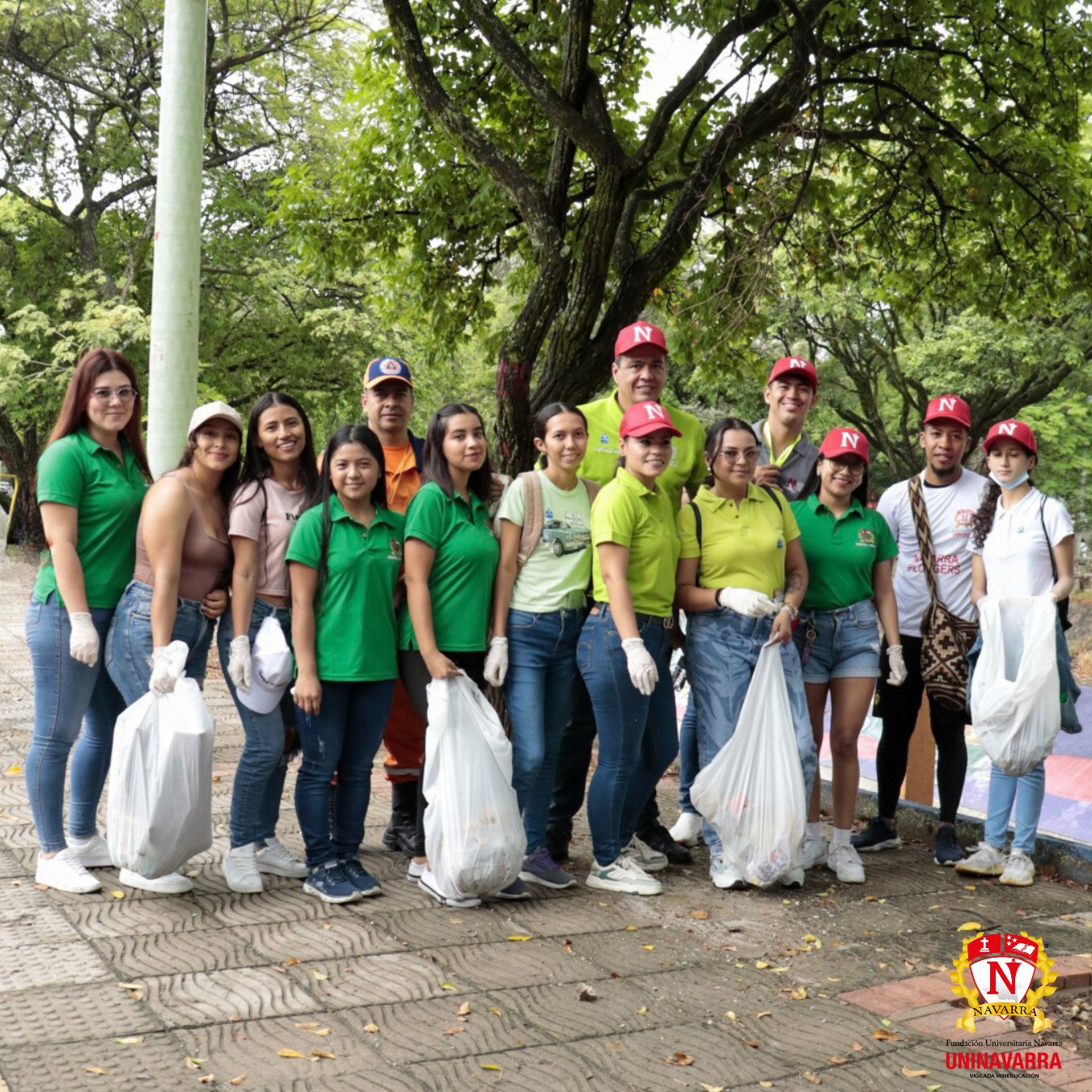

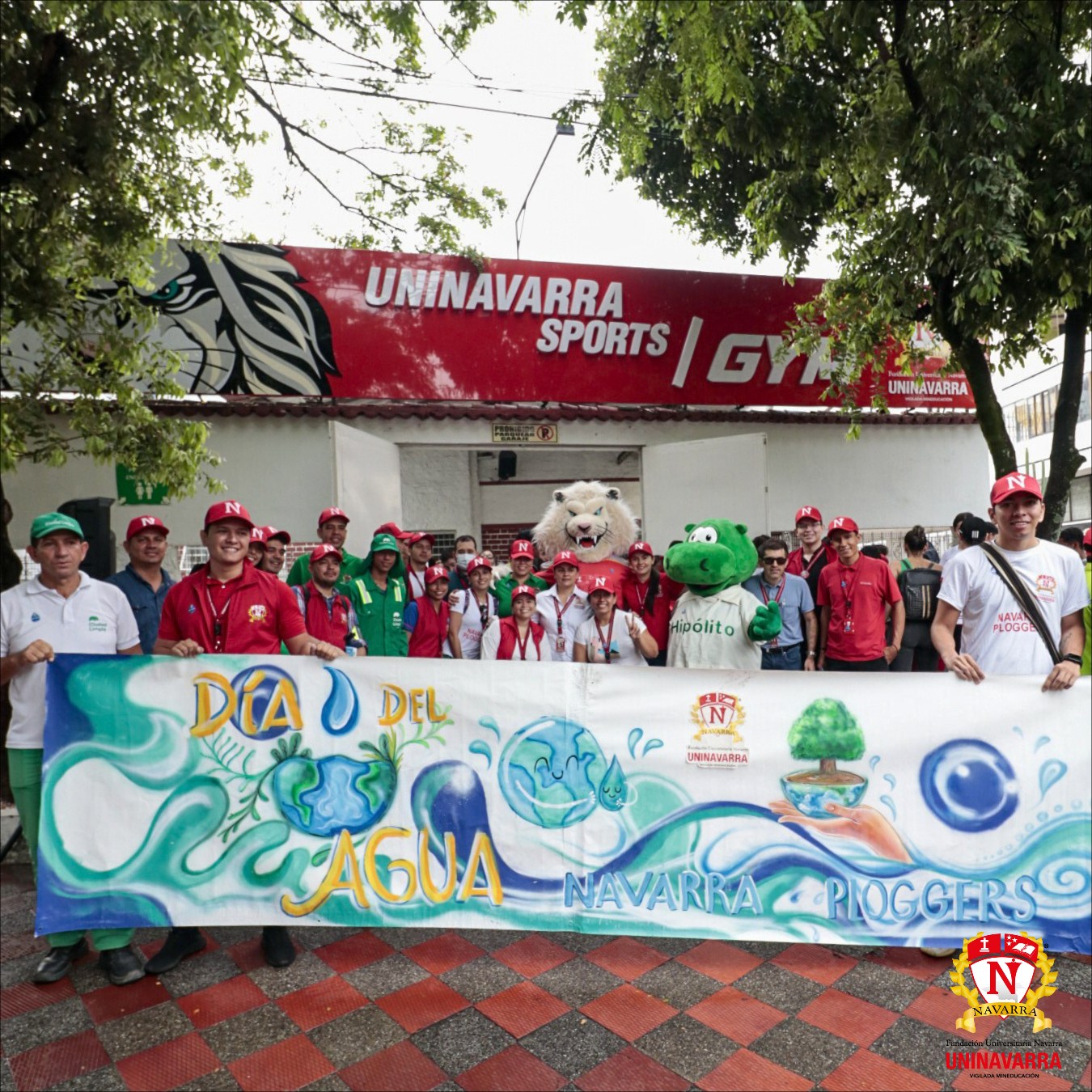
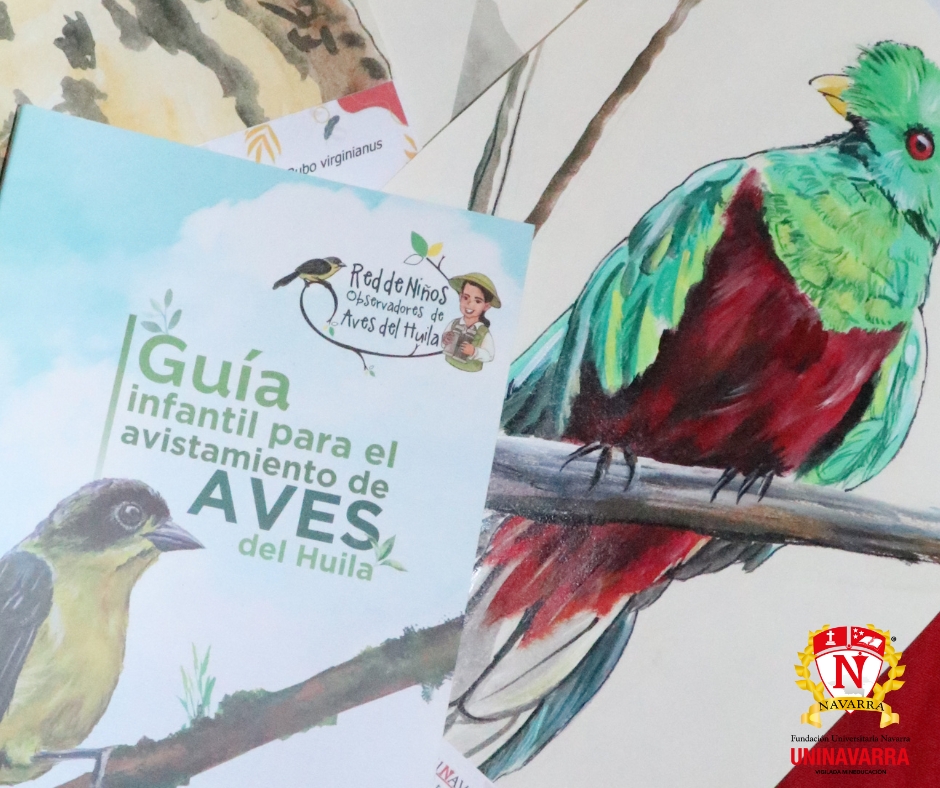
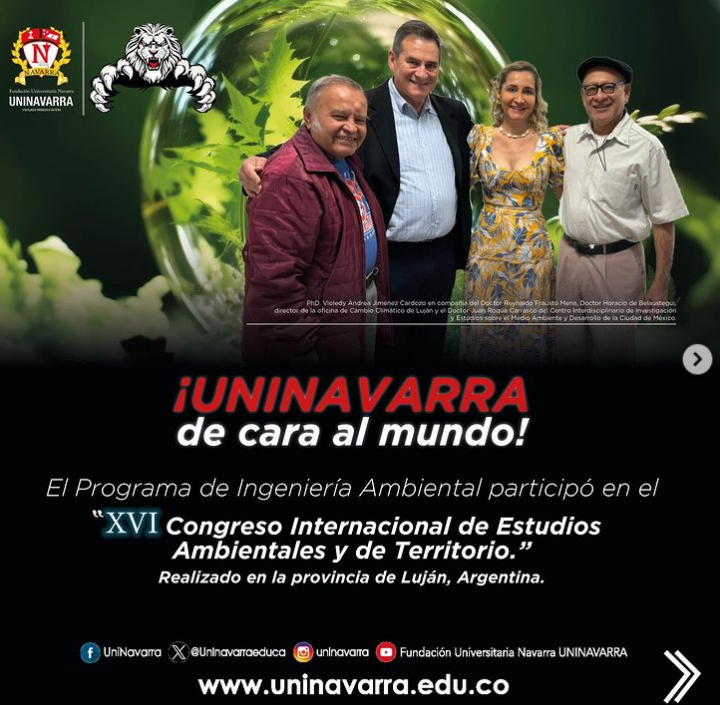
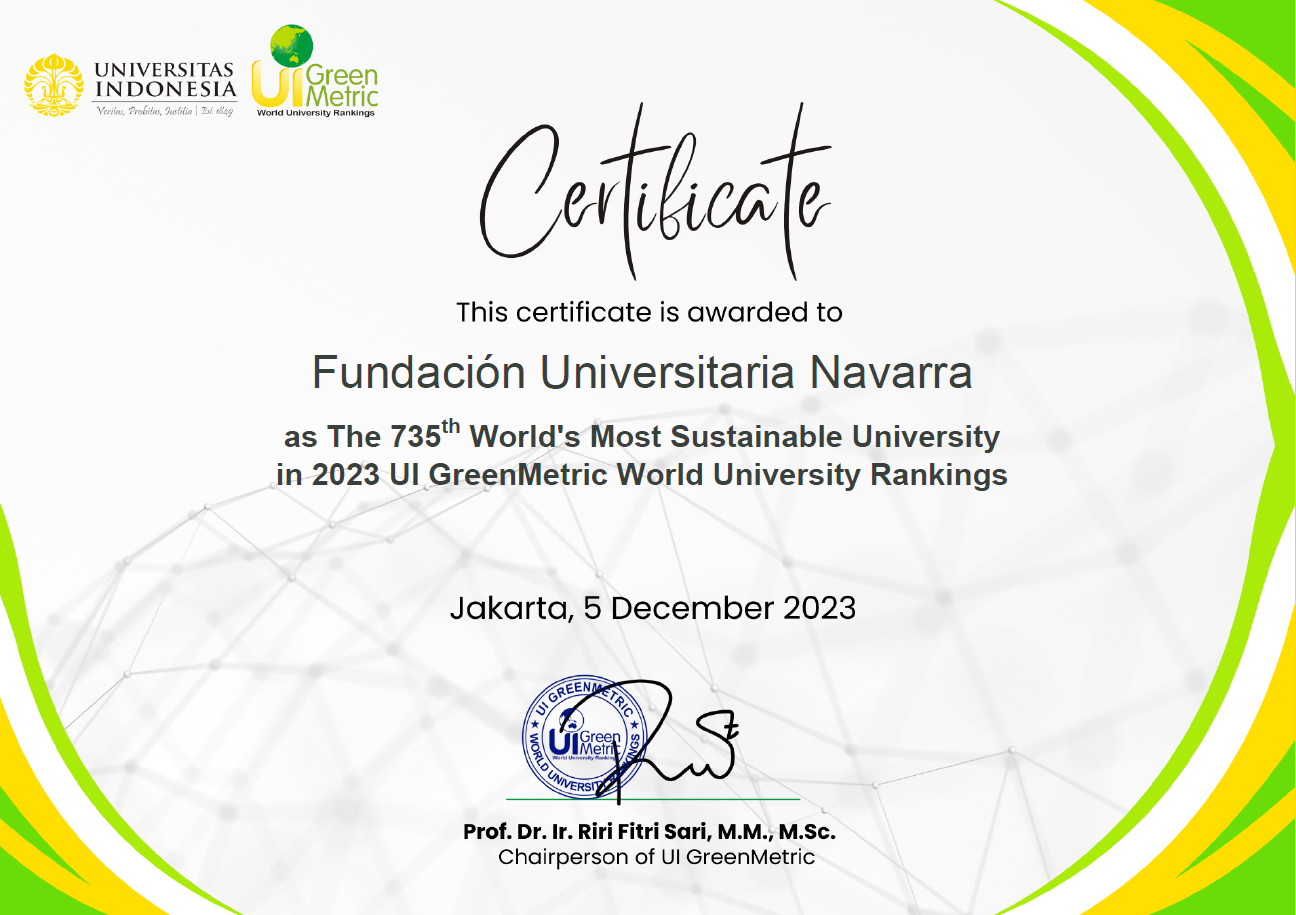
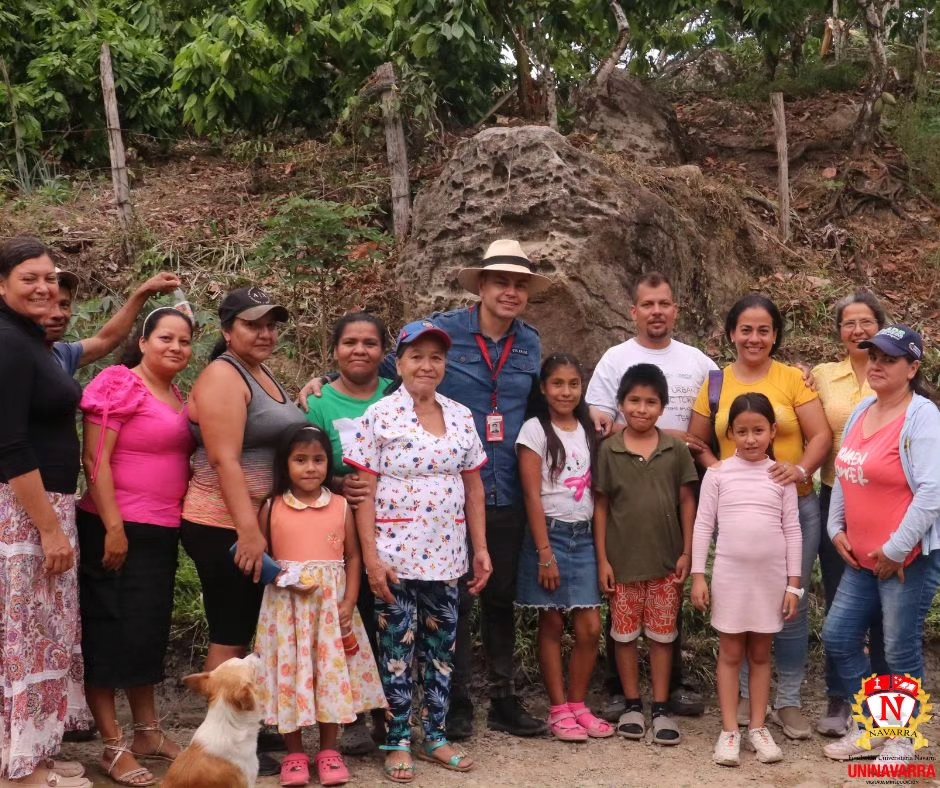
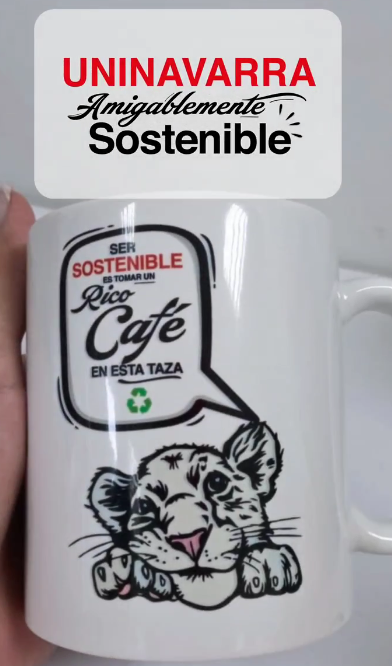
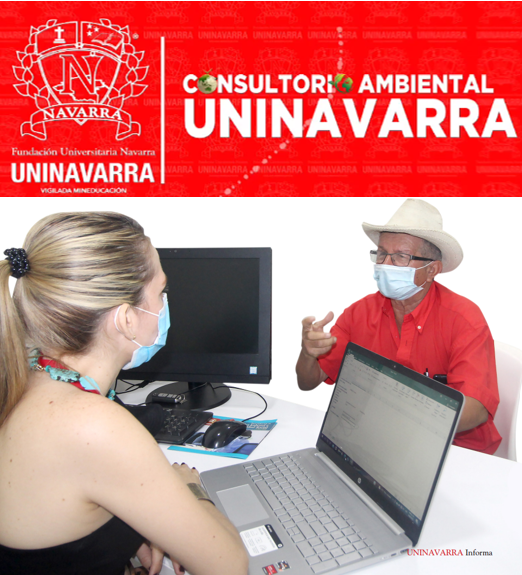
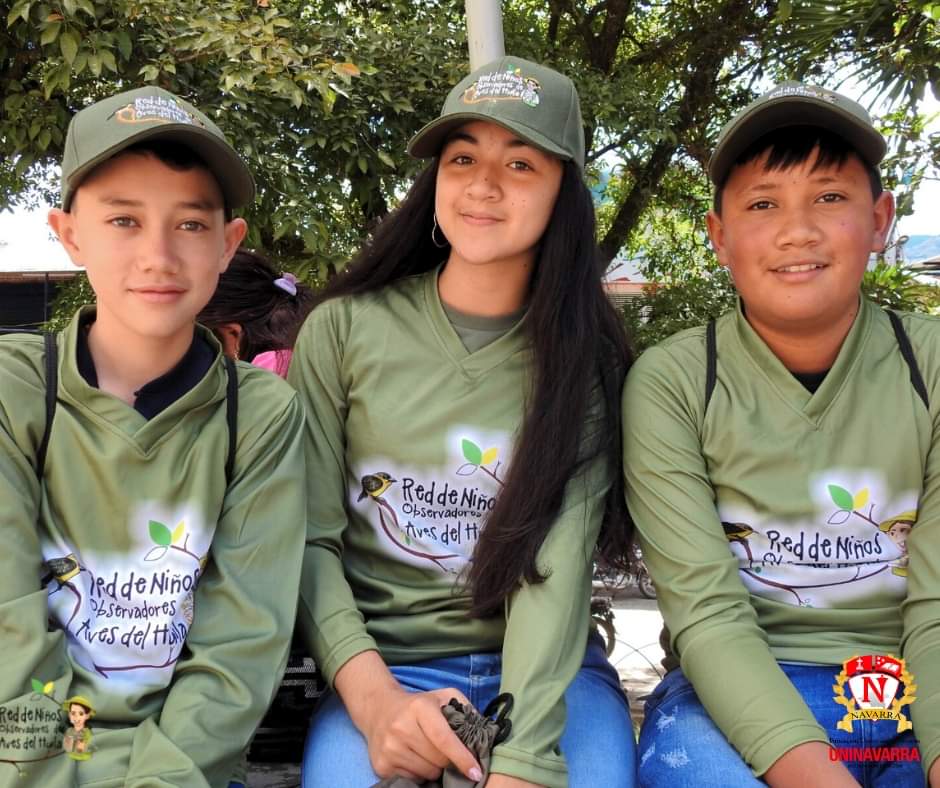
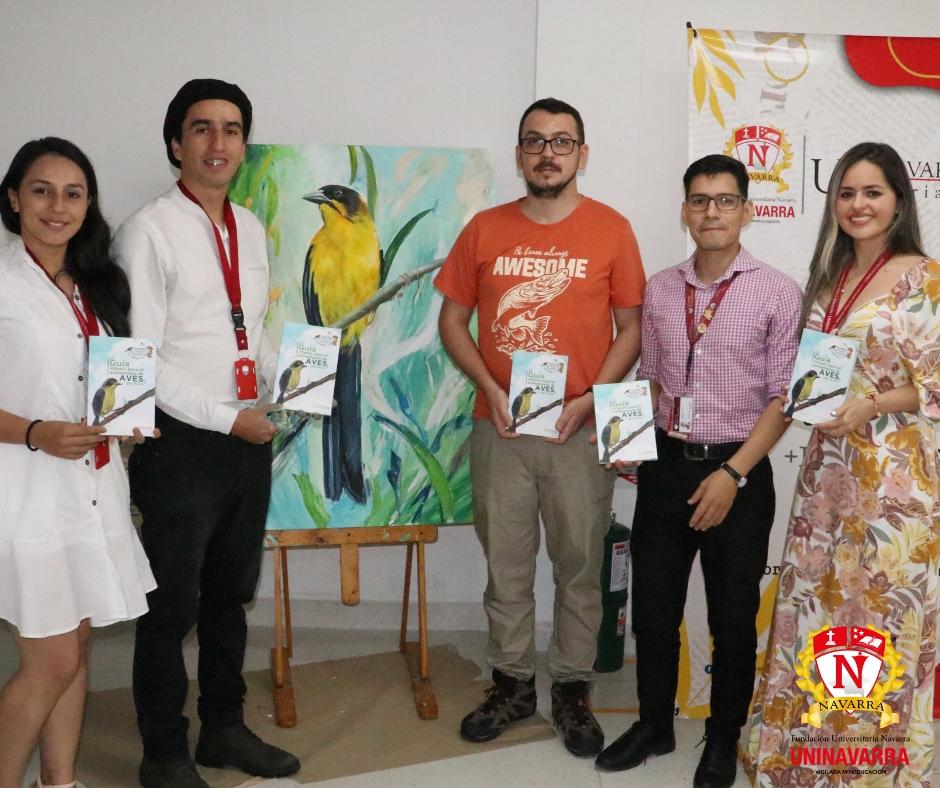
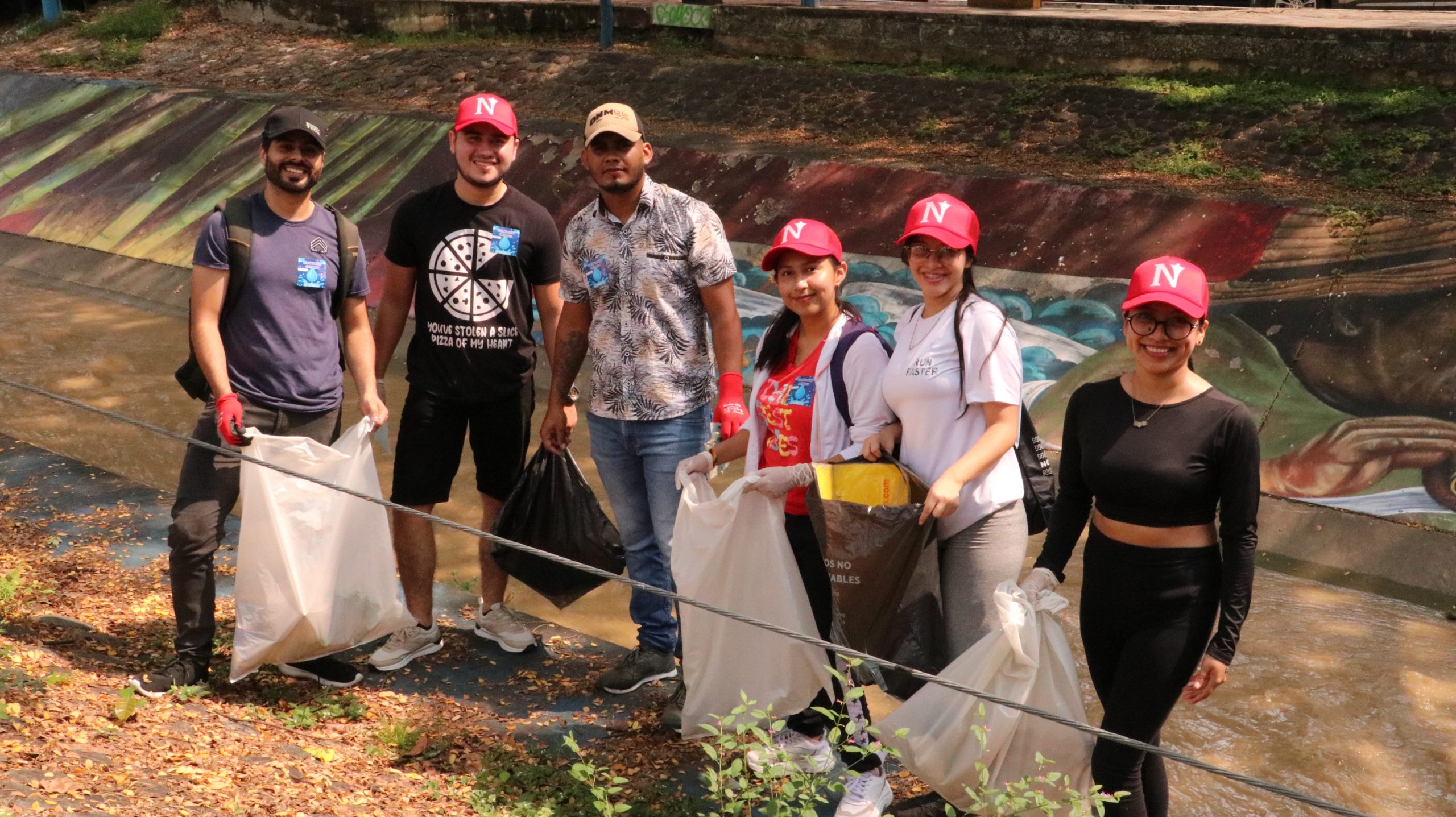
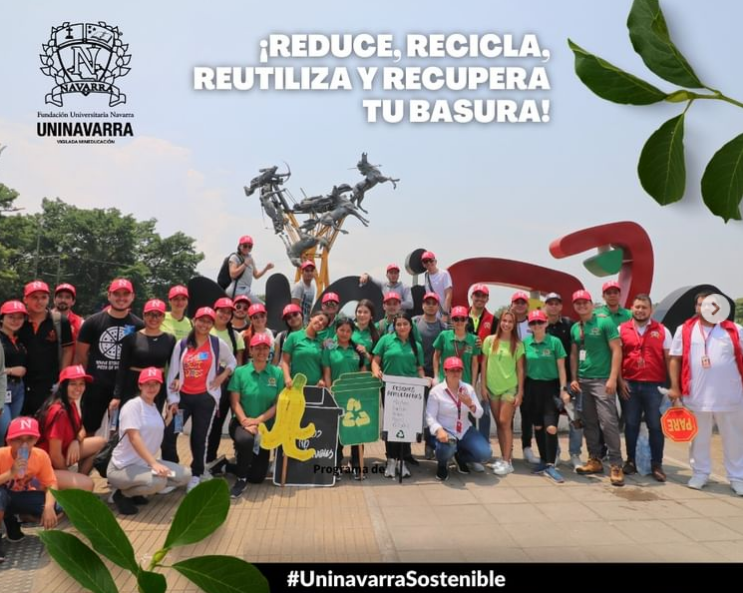

"At UNINAVARRA, we promote innovation and leadership with a sustainable approach, driving the development of solutions that generate positive impact for a more responsible future committed to global well-being."
- MIAAU
